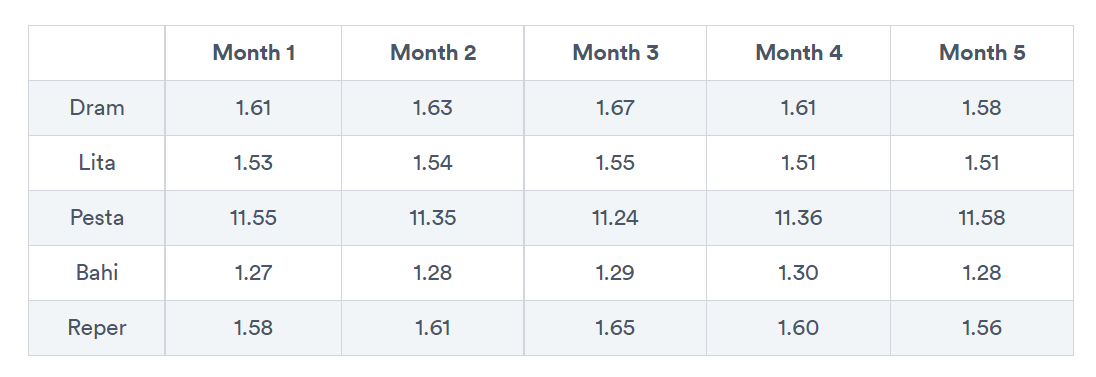What employers use numerical reasoning tests and why?
Numerical reasoning tests are among the most popular aptitude tests to be used in recruitment, and employers in finance, technology, and even legal industries rely on the data from numerical reasoning tests to ensure that potential employees have the inherent ability to use mathematical knowledge to solve problems.
For employers, the numerical reasoning test is a simple way to narrow down a large candidate pool and ensure that all candidates who are taken forward to interview have the right level of numerical understanding. The ability to apply knowledge to answer questions and come to the right conclusions is important for future success in any role, and when it comes to numbers the numerical reasoning test will demonstrate which candidates have what it takes.
What are the benefits of using a numerical reasoning test in your hiring process?
Recruiting for popular roles means receiving potentially hundreds of applications from what appear to be similarly qualified candidates - and that can be overwhelming.
A paper sift can only do so much when looking for basic criteria, and applicants are not always reliable in their descriptions of their own skills, aptitudes, and abilities.
The numerical reasoning test is a simple-to-administer pre-employment screening test that can make narrowing down a large candidate pool easy, with unbiased results that show exactly which candidates have performed the best so you can choose the candidates with the right skills to take forward in the applicant process.
For the candidate, the numerical reasoning assessment is easy to access, can be completed at home in their own time, and requires no previous knowledge or experience of the role.
The basic math operations that need to be used to answer the questions do not need degree-level knowledge, and the test is an opportunity for a candidate to demonstrate that they have a firm grasp of how to make decisions and deductions based on numerical data.
Using a numerical reasoning test as part of the recruitment process for any role that deals with numbers provide objective, quantifiable data to help avoid the costly mistake of a bad hire, while also reducing the time and financial costs that can occur when taking multiple interviews.




